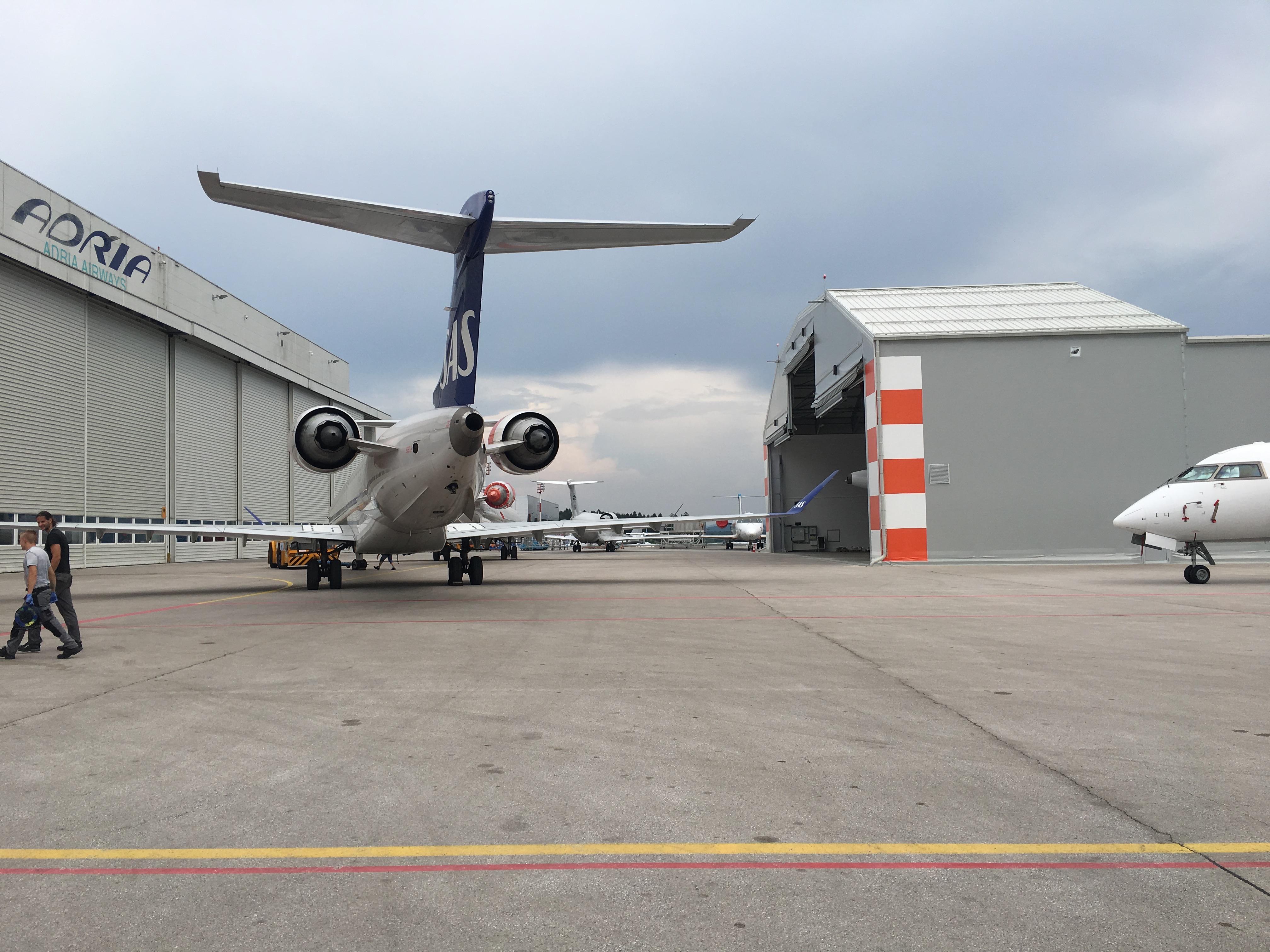
Eastern Europe’s MRO segment is expected to take longer to recover than neighboring regions, but its aftermarket players are fine tuning some of their capabilities and services to ride out the downturn.
During a Leaders Panel discussion during Aviation Week's MRO BEER virtual event on June 9, four regional leaders discussed how they are planning for the eventual aftermarket recovery.
However, this could be slow in forthcoming. Alevtina Fursayeva, executive director at Ukraine-based ABC Management, which assists with EASA certified training, says the region’s aviation recovery will be slower than that of its Western Europe neighbor due in part to the slow vaccination process. “Lots of people are putting their plans and hopes for vaccinations which will mean more air travel but realistically experts expect a full recovery by as late as 2026 or 2027. The pessimistic scenario is that it could take up to 10 years to get back to pre-COVID-19 levels.”
In relation to MRO in the Ukraine, Fursayeva says the market is modest in size and has been impacted over the past 18 months by what she describes as a gradual loss of interest in aviation mechanic jobs. “Younger people thinking about entering the industry are seeing the uncertainty and the low job rates so are maybe thinking about changing their career direction. This is a worrying trend.”
While the sourcing of skills is expected to be a long-term issue for the region, MRO providers are focusing on adjusting their capabilities in order to navigate the remainder of the pandemic.
“Right now, we are trying to focus on the cargo operators and the lessors because they operated quite well during the COVID-19 time,” says Piotr Kaczor, CEO of Avia Prime Group, which owns Adria Tehnika and Linetech.
In terms of passenger aircraft segment, Kaczor says he is noticing different trends in the region relating to aircraft size. “Regional jets are still flying quite well because it is much easier to find the passengers for that type of aircraft, whereas narrowbodies and widebodies are not operating so much,” he says.
Long-term, Kaczor doesn’t foresee any major strategy changes but says the group has increased its focus on component maintenance. “It can give us some extra work and revenue and workforce stability,” he says.
At the height of the crisis, Estonia-based Magnetic MRO made around 20% of its staff redundant while between 20-30% of revenues “evaporated,” mainly from the non-labor business, according to Risto Maeots, CEO, Magnetic MRO.
Despite these challenges, Maeots says the crisis gave the company “a kick” into certain activities and it focused some of its investment in two parts of the business specifically. “We didn’t start this from scratch but saw some of the business sectors picking up faster such as our engine business where we carry out case repairs and hospital visits. This was due to more lease returns happening after airlines has to return aircraft.”
Its engine stands business also saw a spike due to companies needing to transport their engines across different locations, Maeots adds.
Like Magnetic MRO, Zilvinas Lapinskas, CEO, FL Technics, says it is also seeing some rebound in demand for engine services. The company opened FL Technics Engine Services last year in Kaunas focusing on engine hospital repairs. “The first engines are coming in for repairs soon,” he says, but anticipates it will take some time to gain more market share in the region due to competition.
Lapinskas credits the company’s decision to diversify its MRO portfolio several years ago following the bankruptcy of its biggest customer Transaero as a reason business has remained relatively stable in such a challenging period.
Now, it is looking at different engine types. “We are investing money into engines, doing teardowns of engines and buying new types of engines--we’ve just sold a Pratt & Whitney engine for a Boeing 747 cargo aircraft, before that we were mostly focused on CFM56 engines,” he says.





